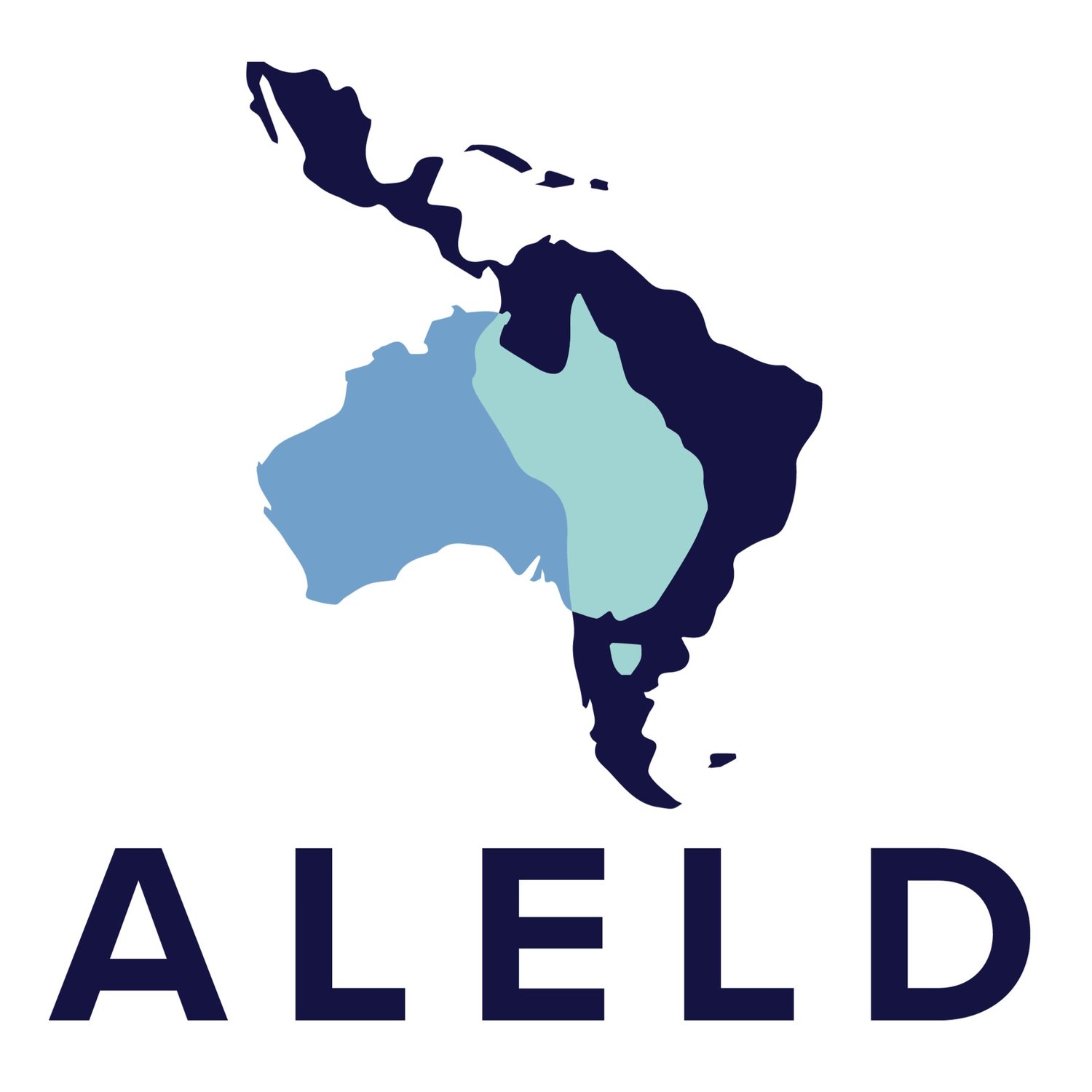Maduro’s BRICS Aspirations in 2024
Venezuelan President Nicolás Maduro. Source: Wikimedia.
Seeking relief from crippling Western sanctions and domestic crisis, Venezuelan President Nicolás Maduro is hoping to be accepted into BRICS at the annual BRICS summit in Russia later this year. Venezuelan President Nicholás Maduro first expressed his interest in becoming a member state almost a year ago. In January, to celebrate the 15th BRICS summit in Johannesburg, six new nations became BRICSs members. Venezuela did not reach the criteria but was invited to the South African summit and announced the nation’s celebration of the ushering in of a new era of multipolarity. From a remote video, Maduro discussed the contribution Venezuela could make to BRICS, citing its geographic position, proximity to Panama's major sea trade route, its rich reserve of oil, and other natural resources. It’s no secret that Maduro’s regime is dependent on BRICS for trade, so naturally he would welcome their continued growth.
Leaders of the founding five BRICS member states at the 2017 BRICS summit. Source: Wikimedia
Experts believe it is still unlikely that Venezuela will receive the greenlight for a BRICS admission this year, as BRICS members are likely not interested in absorbing any burden that Venezuelan economic recovery would create. Aside from this, there is the looming threat of war between Venezuela and Guyana over the long-disputed, highly valuable Essequibo territory. Maduro sees a tremendous economic boost of potential access to the vast offshore oil reserves that Exxon discovered almost ten years ago, and that securing said oil reserves could bolster the economy enough that BRICS would be willing to grant full membership. Maduro would then have solidified strong economic partnerships with global powers, particularly with China.
Nicolás Maduro with Brazilian President Lula da Silva. Source: Wikimedia
Map of Essequibo, the contested Guyanese territory. Source: Wikimedia.
China and Venezuela share a complicated relationship, centred around Venezuela’s significant $19 billion debt to China. Despite this, China views Venezuela as a reliable ally, attested by when China in 2020 restructured Venezuela’s debt repayments to allow the use of oil as a repayment. China could have simply seized assets as payment, but this would have risked political instability due to Venezuela’s economic difficulties. China would rather have an ally, especially as it emerges as a global leader in electric car manufacturing. China’s manufacturing industry requires a diverse and reliable supply chain of materials Venezuela is rich in, such as gold and copper.
Maduro aspires to utilise this special tie with China into BRICS membership - or at least spur foreign investment from BRICS members. Essentially, Maduro sees BRICS as the golden ticket to economic recovery and solidifying political stability.
After Venezuela’s 2019 political turmoil, Juan Guaidó as the right-wing opposition party leader and head of the National Assembly, declared himself interim president. Guaidó argued that Maudro's 2018 re-election was rife with fraud and therefore illegitimate. He used protocol enshrined in the Venezuelan Constitution that in the absence of a legitimate president the head of the National Assembly is mandated to act as a president while new elections are held. The US then led a global movement to recognise Juan Guaidó as the legitimate president of Venezuela. The turmoil ultimately did not result in a change of power and Maduro retained his grip on the presidency. In response, the Maduro administration has realised that the US will involve itself in Venezuela’s internal affairs and would never be an ally to a socialist government in Venezuela. The only scenario where the US approaches good faith diplomacy towards Venezuela is when the President seeks to relieve oil production sanctions in order to encourage lower oil prices for a domestic win.
Former acting President of Venezuela Juan Guaidó. Source: Wikimedia.
Maduro is achieving his goal of building closer relationships with rivals of the US Shortly after the South African summit last year he secured a historic state visit to China. Maduro met with Chinese president Xi Jinping where he announced China had elevated its diplomatic ties with Venezuela to an “all-weather strategic partnership”, a highly respected rank in China’s political rolodex.
Brazil under Lula is another avenue Maduro will work. Former Venezuelan President and revolutionary socialist Hugo Chávez had a fruitful relationship, something that Maduro will seek to emulate. Lula has been a strong critic of the US proliferating this authoritarian, anti-democratic classification of Maduro and has also supported the idea of Venezuela's entry into BRICS. As Lula enters the second year of his second presidential term, the two nations will likely continue to grow closer. However, any conflict over the Essequibo territory could disrupt this strengthening of ties. Brazil instantly took up the position of a meditator and mobilised its military in an act of deterrence. Brazil has a strong tradition of peaceful settling of crises such as these and strongly pursues non-violent resolution of the dispute. A Venezuelan-Guyana war would be extremely problematic for Brazil, who expect to absorb millions of refugees and disturbance of key trade networks. Essequibo will be a delicate situation for Maduro to handle. Potentially defining his Presidential legacy this situation can totally rehabilitate Venezuela as a regional power along with strong global strategic partners or worsen economic isolation, possibly leading to political upheaval.
Heading into 2024 with the next BRICS summit looming, Maduro is confident this integration trajectory will continue. Hoping to end years of international isolation and economic hardship, the road to BRICS membership may be a short distance away.
Author Bio: Alister Gibson is a third-year International Relations Student at the University of Adelaide, with a keen interest in political order, history, and philosophy. He is currently studying German and Spanish.
Content Disclaimer
The views expressed in this article are those of the author and do not necessarily represent the views or opinions of the Australia Latam Emerging Leaders Dialogue





